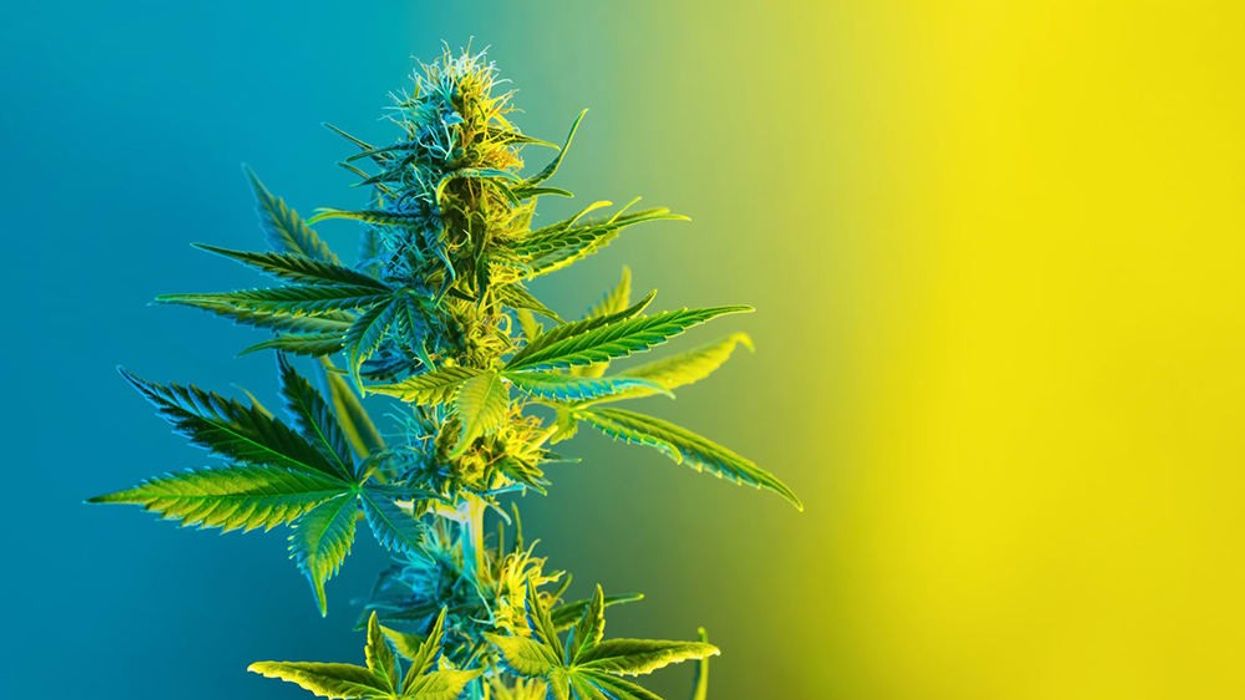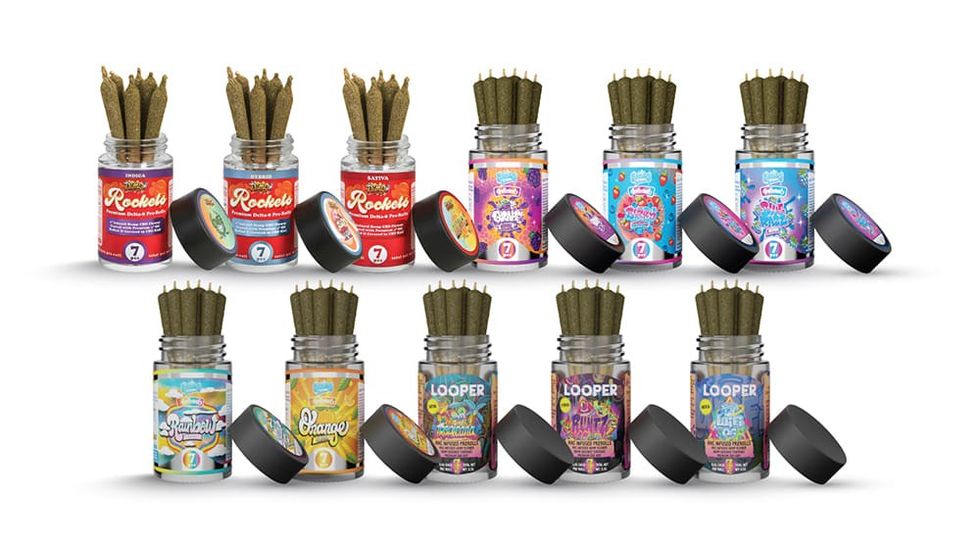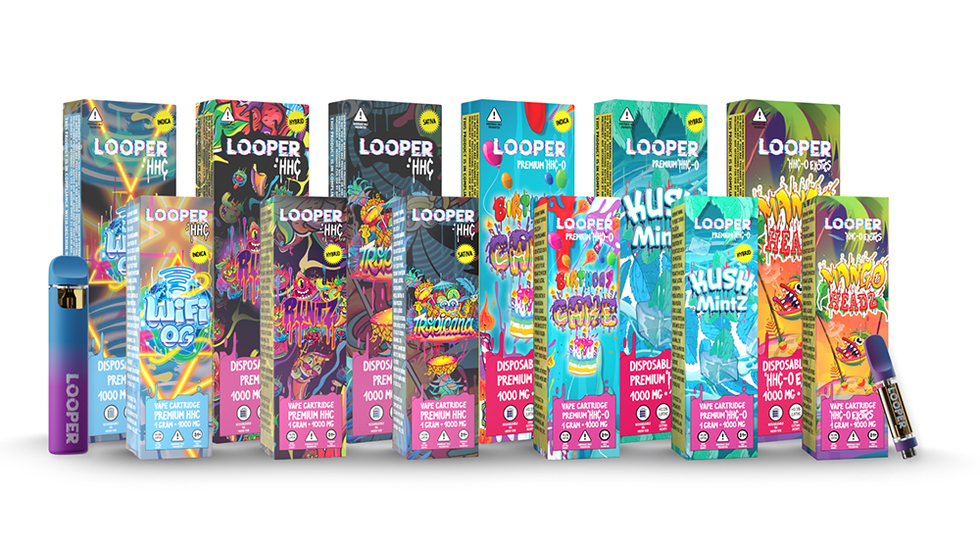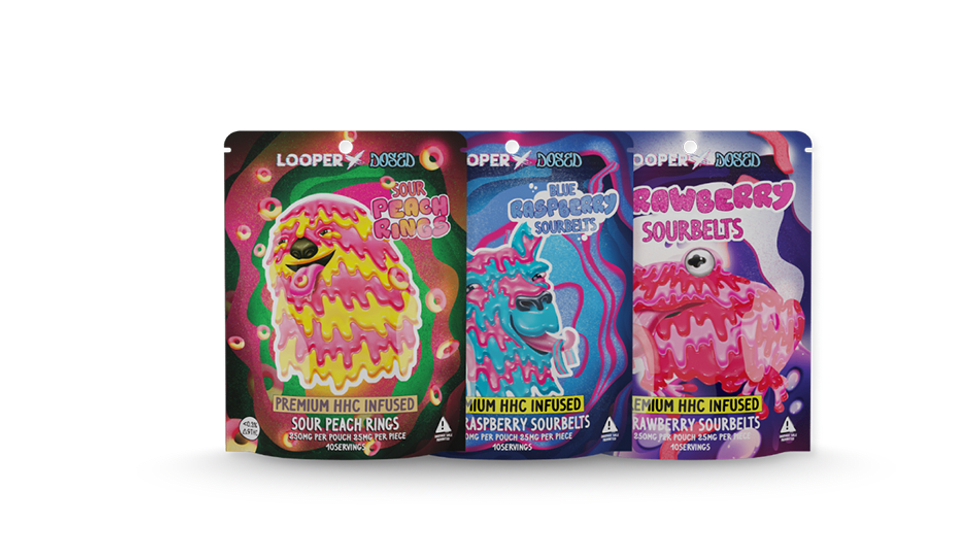Two new research studies demonstrate the benefits of medical cannabis in quality of life, reduced hospital visits and prescription drug usage.
Published in the Journal of Cannabis and Cannabinoid Research, one study reported greater overall health, improved sleep, decreased pain severity, lower anxiety and feelings of depression with the use of medical cannabis. Each of these factors resulted in a significant reduction in hospital visits when compared with the control group. The research involved 1,276 patients, making it the largest of its kind.
The study was conducted under the guidance of Ryan Vandrey, an Associate Professor at Johns Hopkins University School of Medicine, and executed by Realm of Caring (RoC), a non-profit organization that supports families who are out of medical options. RoC serves more than 65,000 clients worldwide, with free programs and services to guide individuals on their journey with cannabinoid therapies.
This particular [inquiry] has been a two-year-plus study. What makes it very unique is that we have an almost identical cohort of cannabis users and non-cannabis users. We’re able to, really clearly, across similar demographics, track the efficacy of people who use CBD or cannabis products and those who do not.
Dr. John Hoggard, CEO of ROC
In a key finding, Dr. Hoggard noted that medical cannabis usage "reduced hospital visits by 46 percent [and] ER visits by 39 percent."
Dr. Hoggard pointed out that this was an “observational longitudinal study,” meaning the subjects self-report their experiences over a period of time. The process also included what he called “validated measures,” which clinically confirm the self-reported findings, making the research data much more viable and effective.
Medical Cannabis Reduces Prescription Drug Intake Among Seniors, Israeli Study Says
In a separate study conducted by a team of Israeli researchers, the relationship between cannabis usage and the rate of prescription medication intake among elderly nursing home patients was explored.
The study involved patients who had their prescription drug consumption monitored for one year. Every one of the patients relied on nursing home care, and all of them were Israeli medical cannabis patients.
According to researchers, “All patients experienced immediate relief from medical cannabis usage.” In particular, patients reported reduced pain, an increase in appetite, better sleep, and significant improvements in spasticity symptoms.
One of the most encouraging findings from the study was that the patients reduced their prescription drug intake by an average of 39 percent, with the largest reductions involving opioids, anxiolytics, and antidepressants. Several studies have indicated that dependence on prescription medications is a growing problem among senior citizens
Are You Listening, Dr. Phil?
And, finally, given his penchant for bad advice on medical cannabis, someone needs to inform Dr. Phil of these findings.
Are you still missing out on The Bluntness newsletter? Sign Up today to stay in the loop.
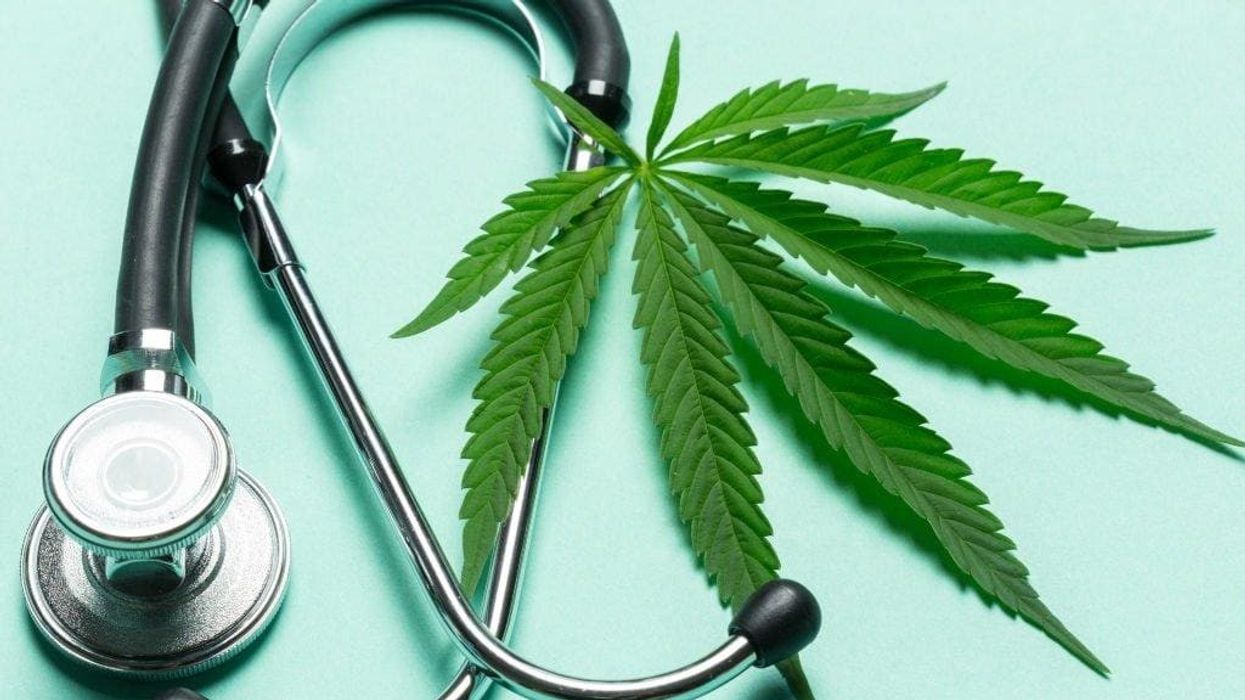

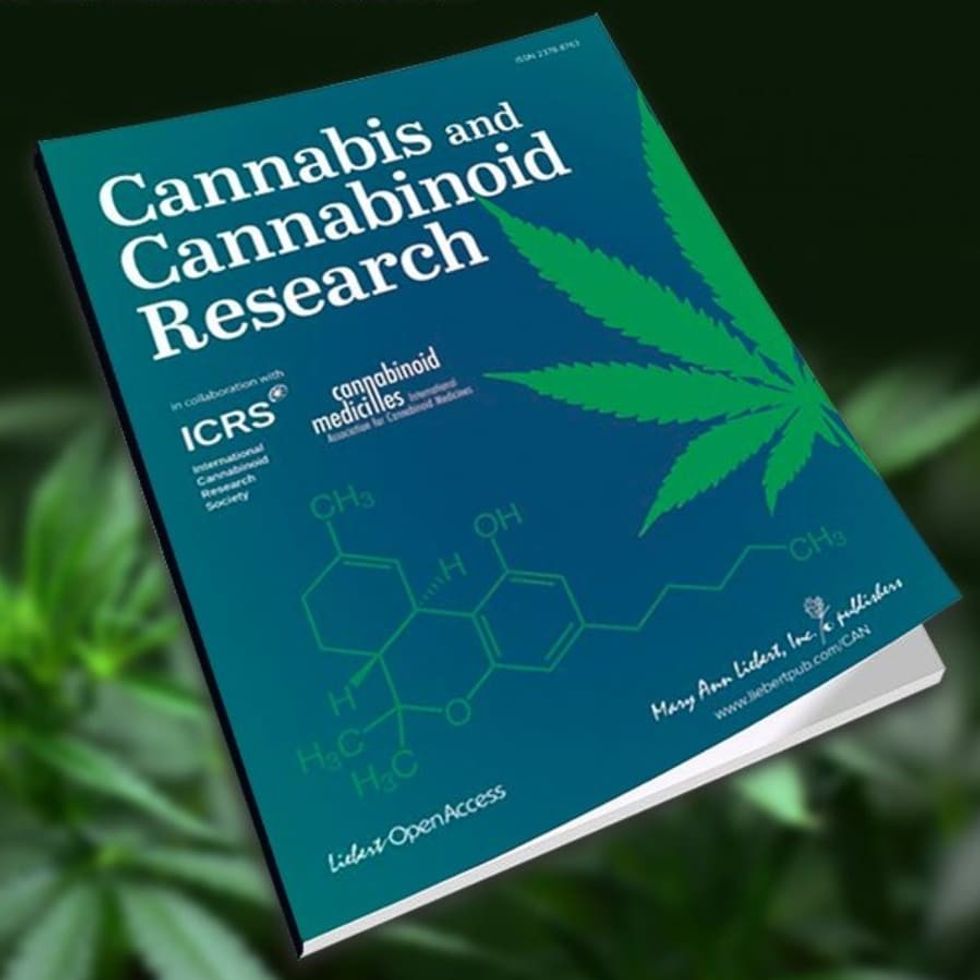

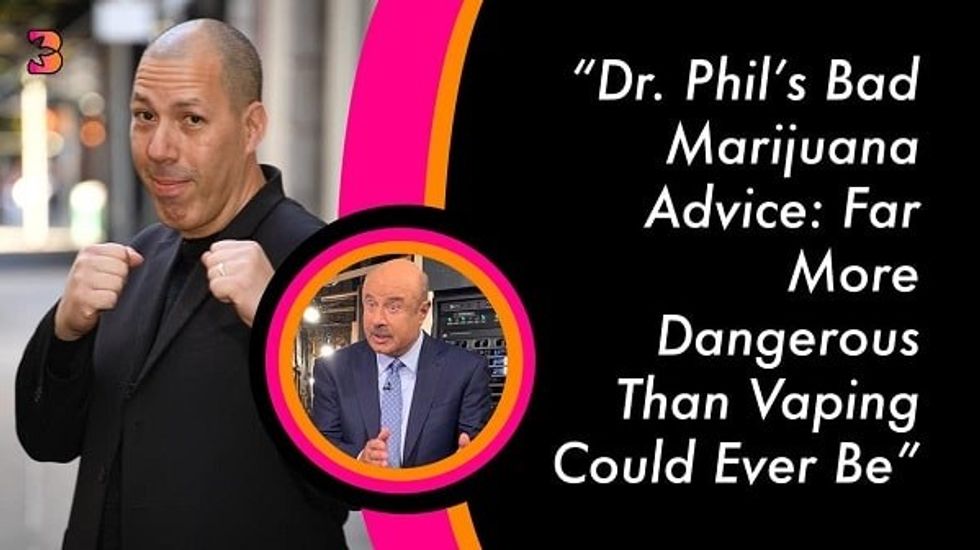





 11 Signs You've Greened Out and How to Handle It - The Bluntness
Photo by
11 Signs You've Greened Out and How to Handle It - The Bluntness
Photo by  11 Signs You've Greened Out and How to Handle It - The Bluntness
Photo by
11 Signs You've Greened Out and How to Handle It - The Bluntness
Photo by 










 The Truth About THC Candle: Cannabis Candles & How to Make Your Own - The Bluntness
Photo by
The Truth About THC Candle: Cannabis Candles & How to Make Your Own - The Bluntness
Photo by 